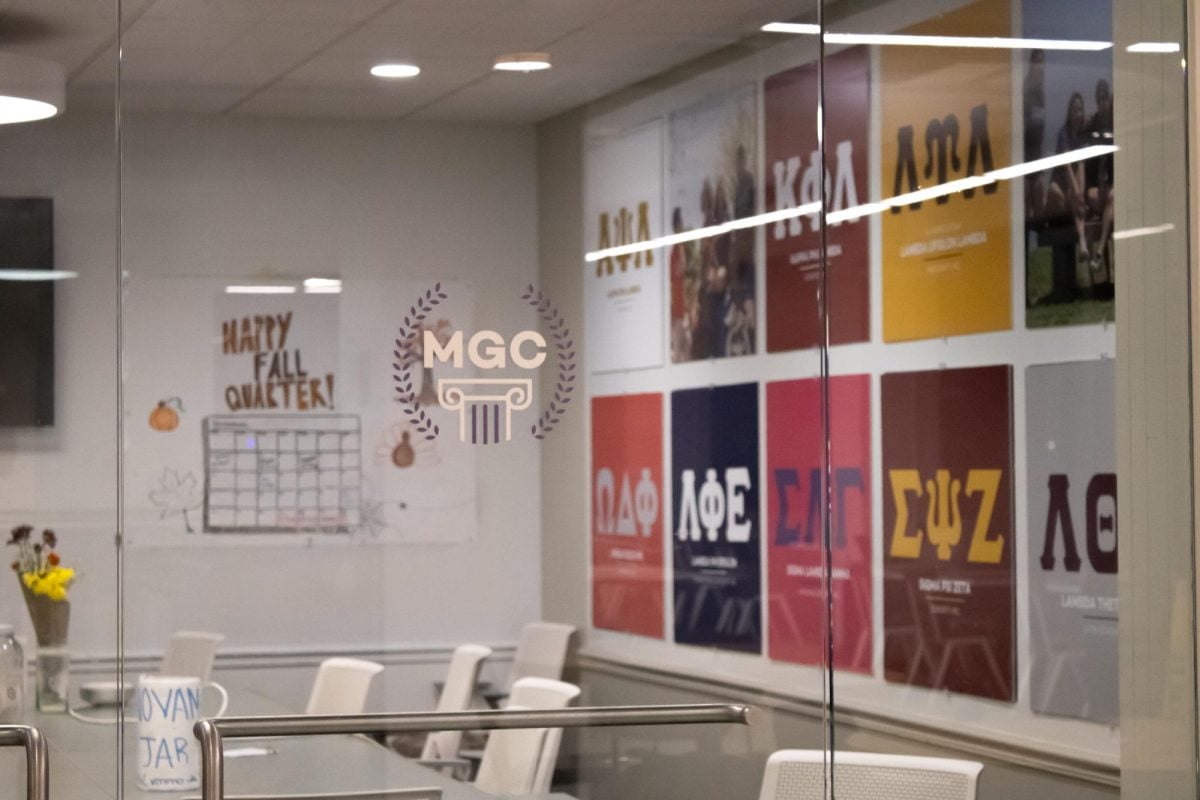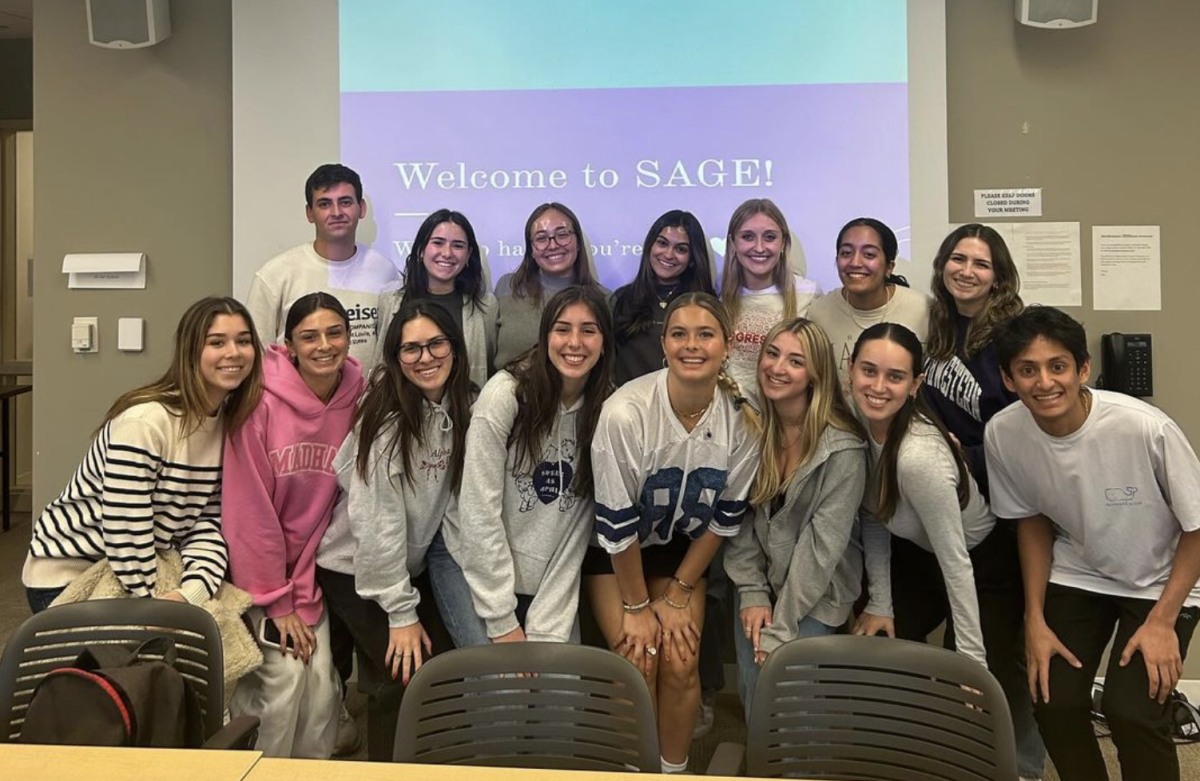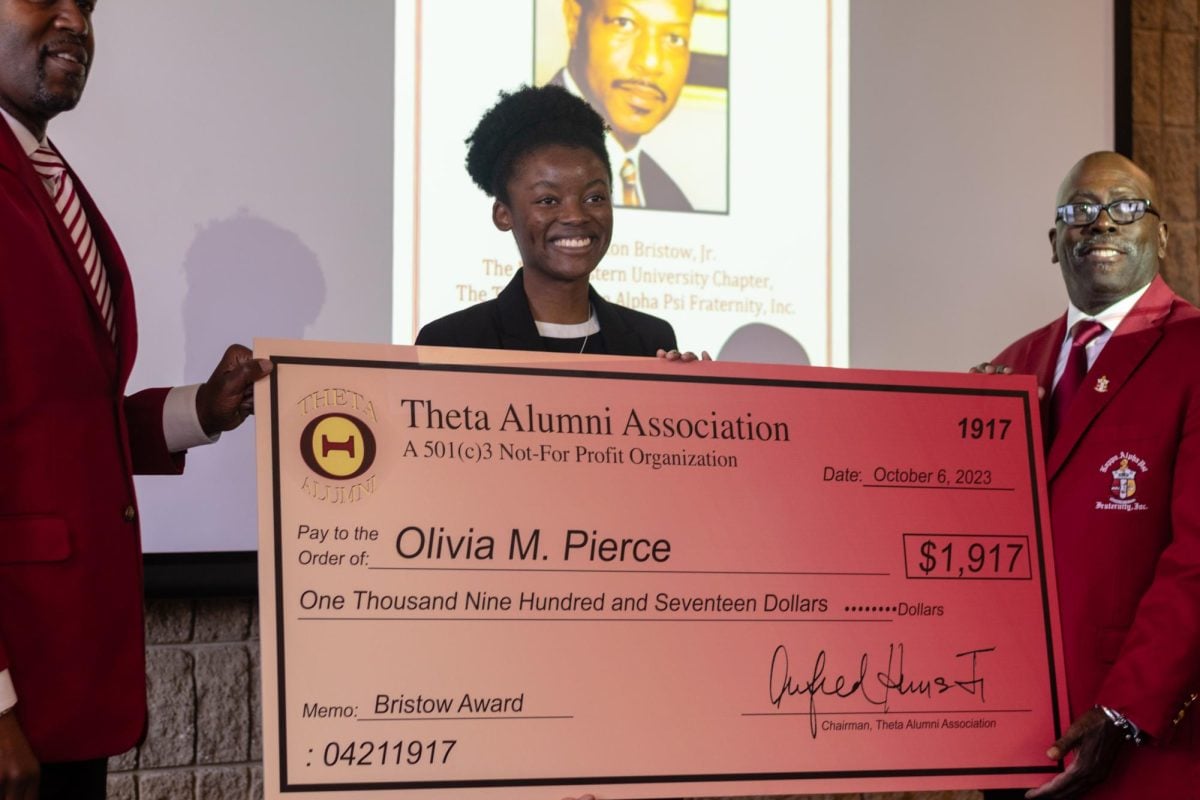Northwestern is ranked 28th on Trojan’s 2011 Sexual Health Report Card, increasing 35 spots since last year.
The move up is partially due to the generous funding allocated toward new peer education programs and the availability of anonymous advice at NU, said Bert Sperling, president of Sperling’s BestPlaces, an independent research firm that conducted the study.
The study, done in partnership with the makers of Trojan condoms, looks at 141 universities across the country each year and analyzes the services and information available to students. Researchers collected data through questionnaires filled out by student health centers and visited each center’s website to determine its accessibility. Schools were scored based on 13 categories, including HIV testing and sexual health outreach programs.
“We know it is looked forward to each year,” Sperling said. “It’s a wake-up call, because students are actually taking the message and using the study as evidence that they’re not getting the kind of information and resources that they think they deserve. It’s really very empowering for the students.”
He said NU’s ranking in the study improved due to strides such as the addition of a 24-hour hotline available to students and significant developments in sexual assault programs. NU also received “extra credit,” which was given to schools providing unique or unusual programs and services, for the University’s student peer groups services.
NU’s Women’s Center Director Renee Redd said participation of student groups has helped improve the school’s ranking.
“We have a couple of really strong, vibrant student organizations that have helped us get here,” Redd said.
One of the areas NU scored poorly in compared to last year’s rating was the availability of and information about condoms.
Sperling said his research last year found more information about the availability, price and use of condoms at NU.
“If students don’t know where to find it, that’s almost as bad as not even having it available,” he said.
This drop, Sexual Health and Assault Peer Educators Director Brit Hvide said, is not surprising because SHAPE changed their methods of condom distribution this year. The price of condoms increased, and SHAPE could not afford to have such a large quantity of condoms being given out all at the same time, Hvide said.
The Weinberg senior said opening up the discussion about sex and sexuality is an important aspect of improving sexual health education.
“(NU) definitely deserves the huge jump,” Hvide said. “We’re improving and making vast strides, but there is always room for improvement, and hopefully next year we will address that and keep moving on up.”






